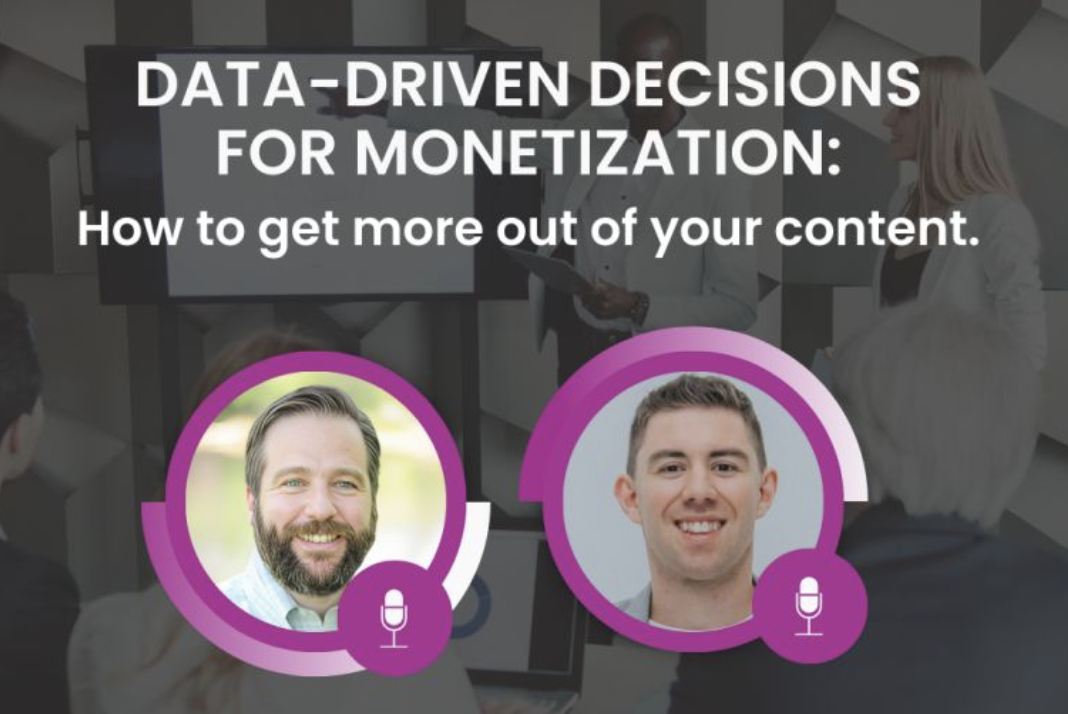
This post was most recently updated on January 30th, 2024
The much-anticipated webinar featuring Kean Graham, Founder & CEO of MonetizeMore, and Jeff Coyle, Co-founder and CSO of MarketMuse, was nothing short of enlightening. The event provided a wealth of knowledge on bridging the gap between on-page SEO and content monetization. Here’s a comprehensive recap for those who missed it or wish to revisit the wealth of information shared.
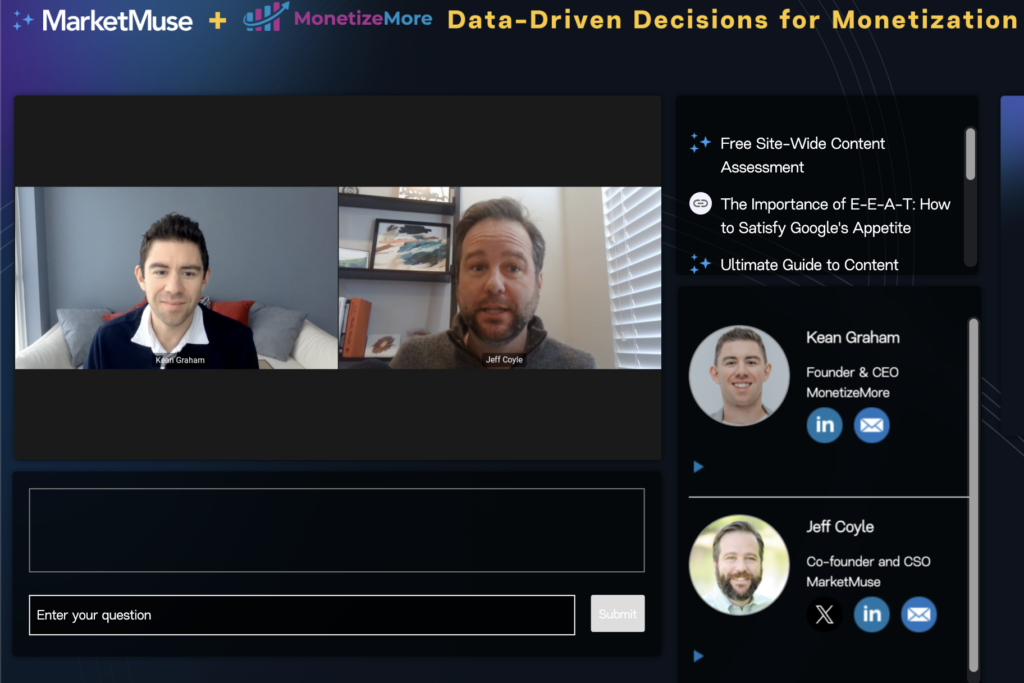
Kean Graham opened the discussion by emphasizing the importance of ad performance data in shaping content strategy. He illustrated how analyzing this data could transform average content into a revenue-generating asset. This approach not only enhances the user experience but also boosts the overall profitability of the content.
Jeff Coyle emphasized the critical role of keyword research in content monetization strategies. He elaborated on identifying high-potential keywords and categories that are not only lucrative in terms of search volume and competition but also align well with the content’s core message and audience interests. He highlighted the importance of integrating these keywords seamlessly into content, ensuring that the natural flow and quality are maintained.
Additionally, Coyle pointed out the necessity of continuous monitoring and adaptation of keyword strategies. He explained that keyword trends and audience interests can shift, and being agile in response to these changes is key to sustaining and growing ad revenue. He also touched on the use of advanced tools and analytics to track keyword performance, allowing for data-driven decisions in content strategy. This approach ensures that content remains both relevant to the audience and effective in monetization efforts, striking the perfect balance for long-term success.
The conversation then shifted towards effectively attributing profits to different traffic segments, including PPC campaigns. Both speakers discussed strategies to optimize each segment for revenue, highlighting the importance of understanding audience behaviors and preferences.
MonetizeMore’s Profit Attribution report is a powerful tool designed for publishers looking to understand and optimize their revenue streams more effectively. Here’s how this report can assist in attributing profits to specific traffic segments:
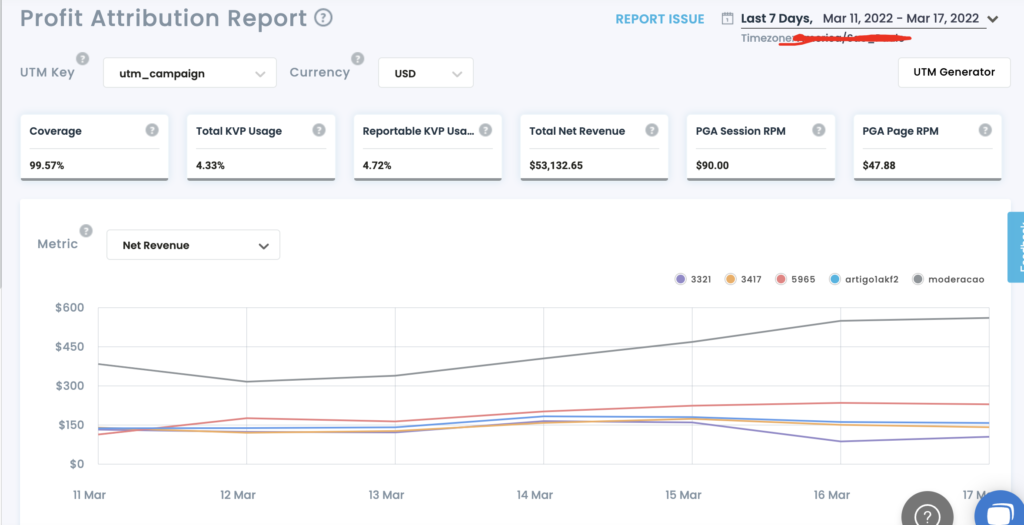
The Profit Attribution report from MonetizeMore breaks down revenue data in a detailed and insightful manner. It allows publishers to see exactly which parts of their website are generating the most income. By attributing profits to specific sections, articles, or types of content, publishers can identify what works best for their audience and adjust their content strategy accordingly.
This report goes beyond just overall revenue insights. It allows publishers to dissect their traffic into different segments – such as organic search, social media referrals, direct visitors, or paid traffic (PPC campaigns) – and analyze how each segment contributes to the overall revenue. This level of granularity is crucial for understanding the value and ROI of different marketing strategies and traffic sources.
MonetizeMore’s Profit Attribution report can provide valuable insights into user behavior. By analyzing how different segments interact with the site – such as which pages they visit, how long they stay, and what type of content keeps them engaged – publishers can tailor their content and advertising strategies to better suit their audience’s preferences, leading to increased engagement and revenue.
With the data from the Profit Attribution report, publishers can pinpoint areas of their website that are underperforming or identify segments that are not being monetized effectively. This information is crucial for making informed decisions about where to focus optimization efforts, whether it’s improving SEO for certain pages, enhancing the user experience, or adjusting ad placements.
The report allows publishers to track performance over time, providing a clear picture of how changes in content or advertising strategies are affecting different traffic segments. This longitudinal analysis is key to understanding long-term trends and making strategic decisions that align with overall business objectives.
By understanding which traffic segments are most profitable, publishers can develop more targeted and effective advertising strategies. For example, if the report shows that a particular type of visitor generates higher revenue, publishers can focus their advertising efforts on attracting more of that visitor type.
MonetizeMore’s Profit Attribution report provides a holistic view of a publisher’s revenue streams. It integrates data from various sources, offering a comprehensive picture of how different elements of the site contribute to overall financial success.
A significant part of the webinar focused on the relationship between content quality and revenue. The speakers shared techniques for analyzing and improving content quality, ensuring that it meets SEO standards and engages the audience effectively, leading to higher revenue generation.
MarketMuse is an advanced content optimization tool that utilizes artificial intelligence to help analyze and improve the quality of website content. Here’s how MarketMuse facilitates content quality analysis:
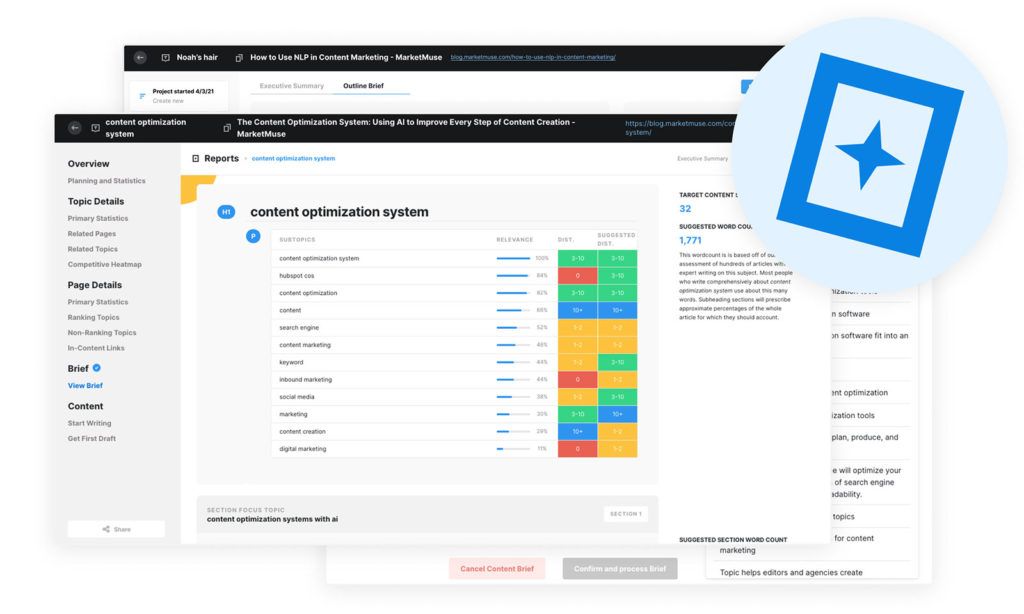
MarketMuse first conducts an inventory of all the content on a website, creating a comprehensive map of existing materials. This includes an audit that evaluates the quality of each piece of content based on several factors such as depth, relevance, and coverage of the topic.
One of MarketMuse’s key features is its ability to determine a site’s authority on specific topics. It analyzes how thoroughly a topic is covered across the site and compares it to competitor sites. This helps identify gaps in content and areas where a website may need to develop more comprehensive material to establish authority.
MarketMuse assigns a score to each piece of content based on its relevance and comprehensiveness. This score is based on an analysis of the content’s depth, the use of relevant keywords and topics, and how well it satisfies user intent. A higher score indicates better-quality content.
The tool provides recommendations for keywords and related topics that should be included in the content to improve its quality and relevance. This ensures that the content is not only optimized for search engines but also comprehensive and valuable to readers.
MarketMuse compares your content against top-performing content from competitors. This benchmarking helps identify what competitors are doing well and what opportunities there might be for your content to stand out, both in terms of quality and SEO.
Based on its analysis, MarketMuse offers actionable suggestions to improve existing content. This could include expanding on certain topics, incorporating specific keywords, or restructuring the content to better align with user search intent.
MarketMuse analyzes user intent behind search queries and helps ensure that content aligns with what users are looking for. This improves the likelihood of the content satisfying user needs, which is a key indicator of quality.
MarketMuse tracks the performance of content over time. This allows website owners to see how changes made based on the tool’s recommendations impact the quality and effectiveness of their content.
The webinar also featured a segment on the tools used by industry experts to enhance their monetization efforts. These tools, ranging from analytical to content optimization software, are crucial for anyone serious about maximizing their digital content revenue.
MonetizeMore’s PubGuru header bidding solution is an advanced technology designed to optimize ad revenue for publishers. This solution works by allowing multiple ad networks to bid on the publisher’s ad inventory in real-time, before making a call to the publisher’s ad server. This process ensures that each ad impression is sold at the highest possible price, maximizing revenue potential for each ad slot. Unlike traditional methods where ad slots are filled on a first-come, first-serve basis or through a fixed-price arrangement, header bidding promotes competition among advertisers, driving up the price and ensuring that publishers receive the best possible rates for their ad inventory.
This award-winning AI-powered monetization solution simplifies the often complex and technical process of setting up and managing header bidding. It provides publishers with a user-friendly platform that integrates easily with their existing websites, without the need for extensive coding or technical expertise. This platform includes features like ad layout optimization, A/B testing for ad units, and detailed analytics, allowing publishers to make data-driven decisions. These insights help publishers to continuously optimize their ad setups for maximum revenue while maintaining a positive user experience on their sites. In essence, PubGuru offers a comprehensive and efficient way for publishers to leverage the benefits of header bidding, turning their digital real estate into lucrative advertising spaces.
The key takeaway from this webinar is the critical importance of integrating on-page SEO with content monetization strategies. By applying the insights and strategies discussed by Kean Graham and Jeff Coyle, you can significantly enhance the profitability of their online content.
For those who missed the live webinar, a recording is available. It’s a treasure trove of information for anyone looking to improve their digital marketing strategies. Check it out here.

With over seven years at the forefront of programmatic advertising, Aleesha is a renowned Ad-Tech expert, blending innovative strategies with cutting-edge technology. Her insights have reshaped programmatic advertising, leading to groundbreaking campaigns and 10X ROI increases for publishers and global brands. She believes in setting new standards in dynamic ad targeting and optimization.

Paid to Publishers
Ad Requests Monthly
Happy Publishers
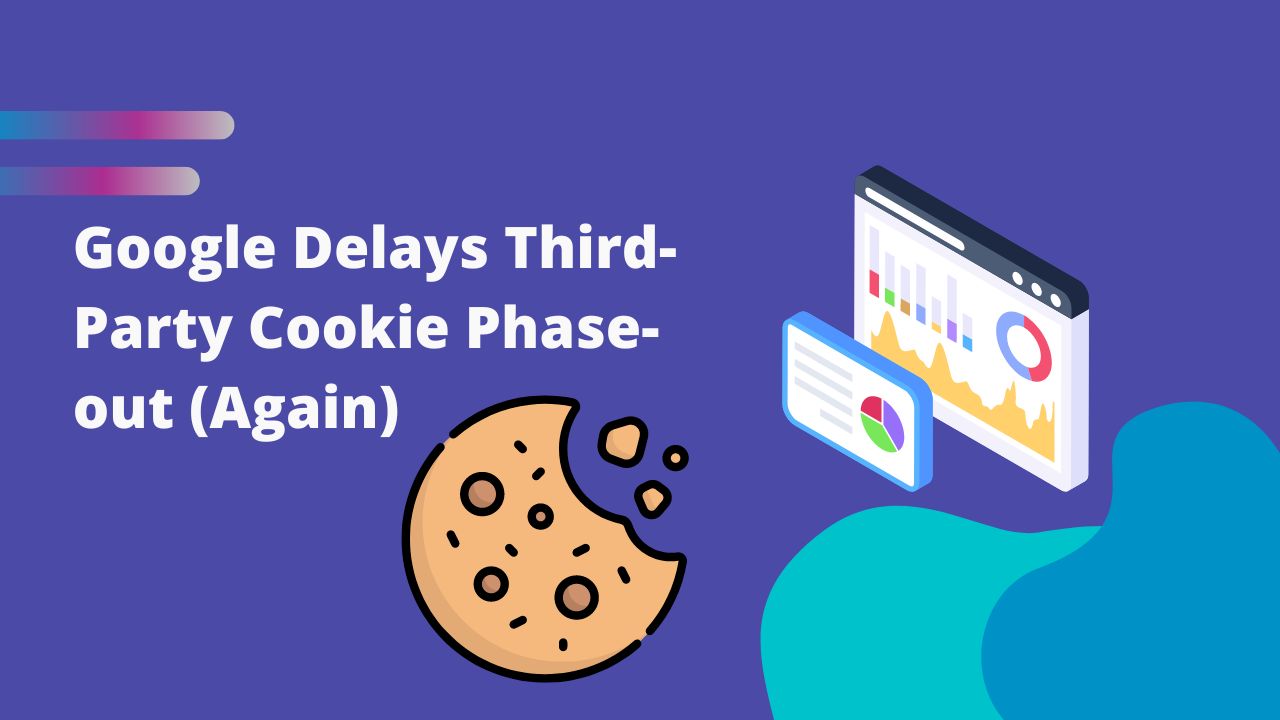
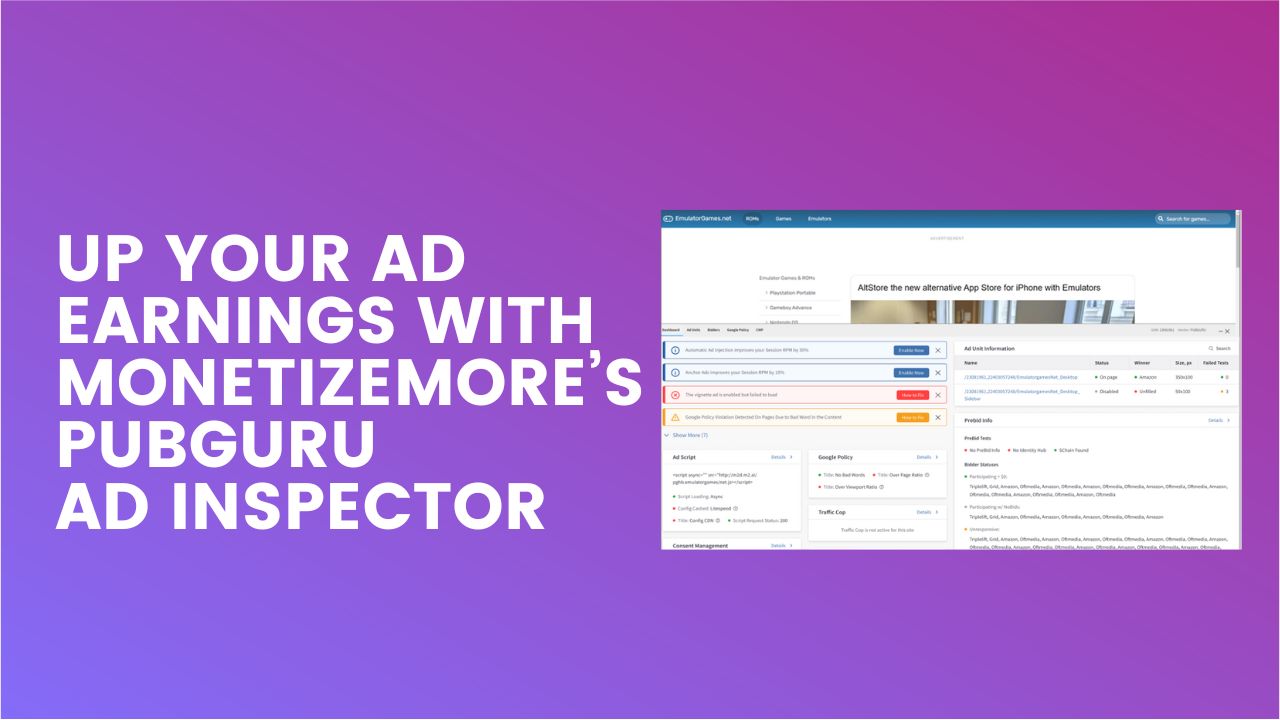

10X your ad revenue with our award-winning solutions.